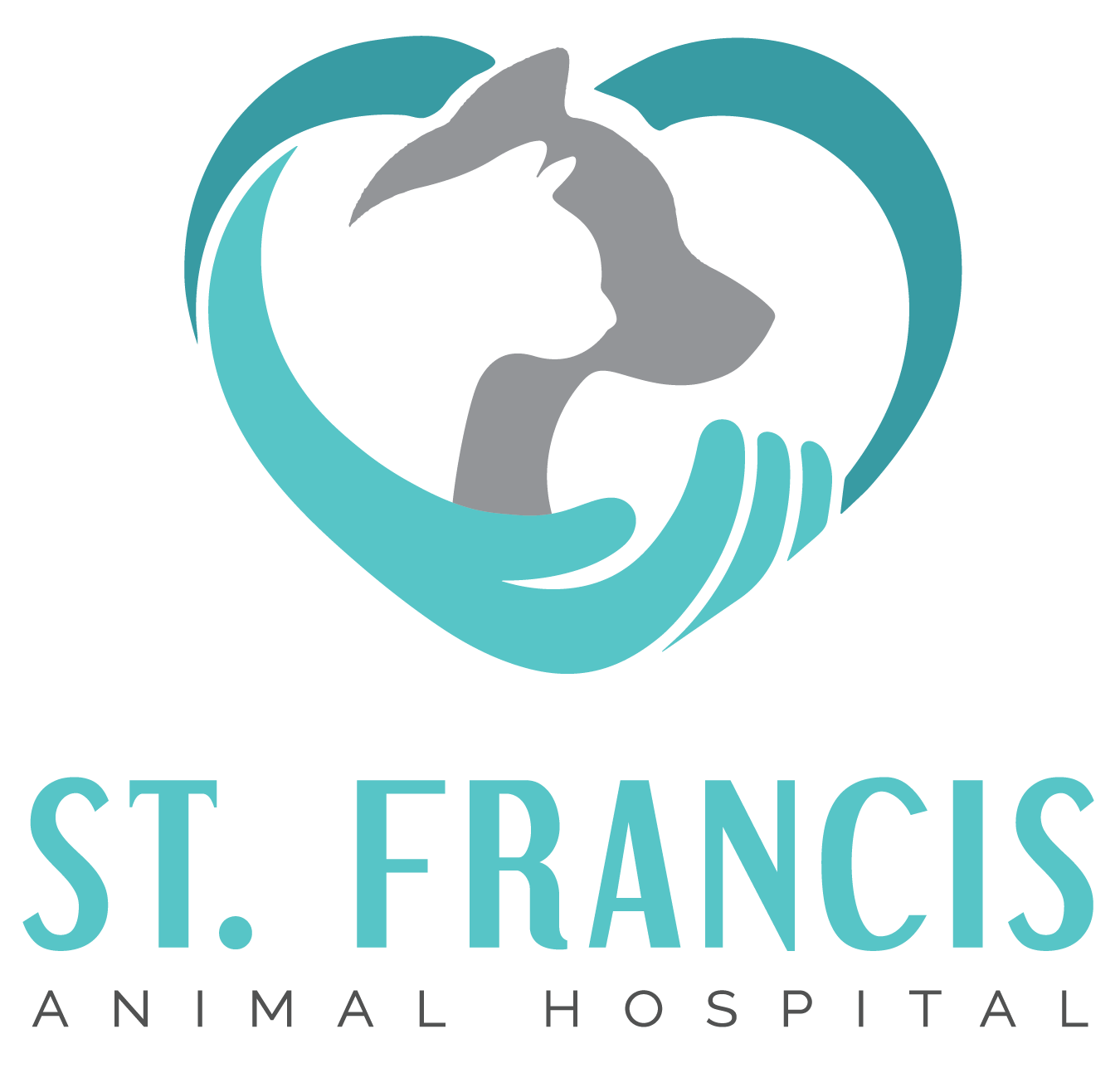During surgical procedures requiring general anesthesia, a sedative is administered first to calm your pet, followed by intravenous injection to start the anesthesia. Pre-anesthetic sedatives reduce the amount of anesthesia required and reduce the possibility of your pet developing an irregular heart rhythm.
Pain management is crucial for optimal recovery. We will administer pain medication throughout the procedure so that your pet is less likely to feel pain when the surgery is complete. Depending on the type of surgery being performed, a nerve block may be administered (e.g. dental surgery). Nerve blocks reduce the amount of anesthetic required and help with post-operative pain management.
During surgical procedures, your pet will be closely monitored by the members of our veterinary healthcare team. Modern monitoring equipment is used to monitor your pet’s vital signs, including blood oxygen levels, blood pressure, heart rate, respiration rate, and body temperature. Monitoring allows our highly trained healthcare team to fine-tune the anesthesia, keeping your pet’s functions steady and stable. Your pet will be kept warm throughout the surgical procedure and during the recovery period with the help of a warm air circulator.
Following surgery, your pet will be monitored until he or she has fully recovered from the anesthesia, and then placed into the ward where monitoring will continue.
In many cases, post-operative pain medication will be prescribed to help your pet heal and recover more quickly.





